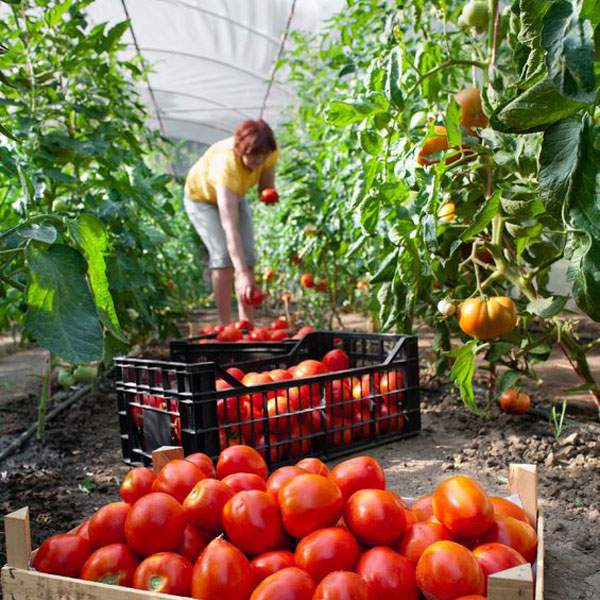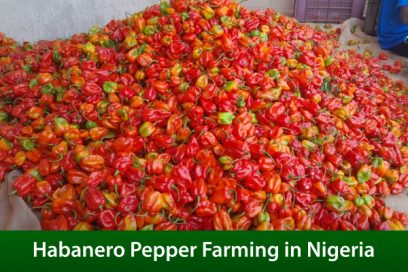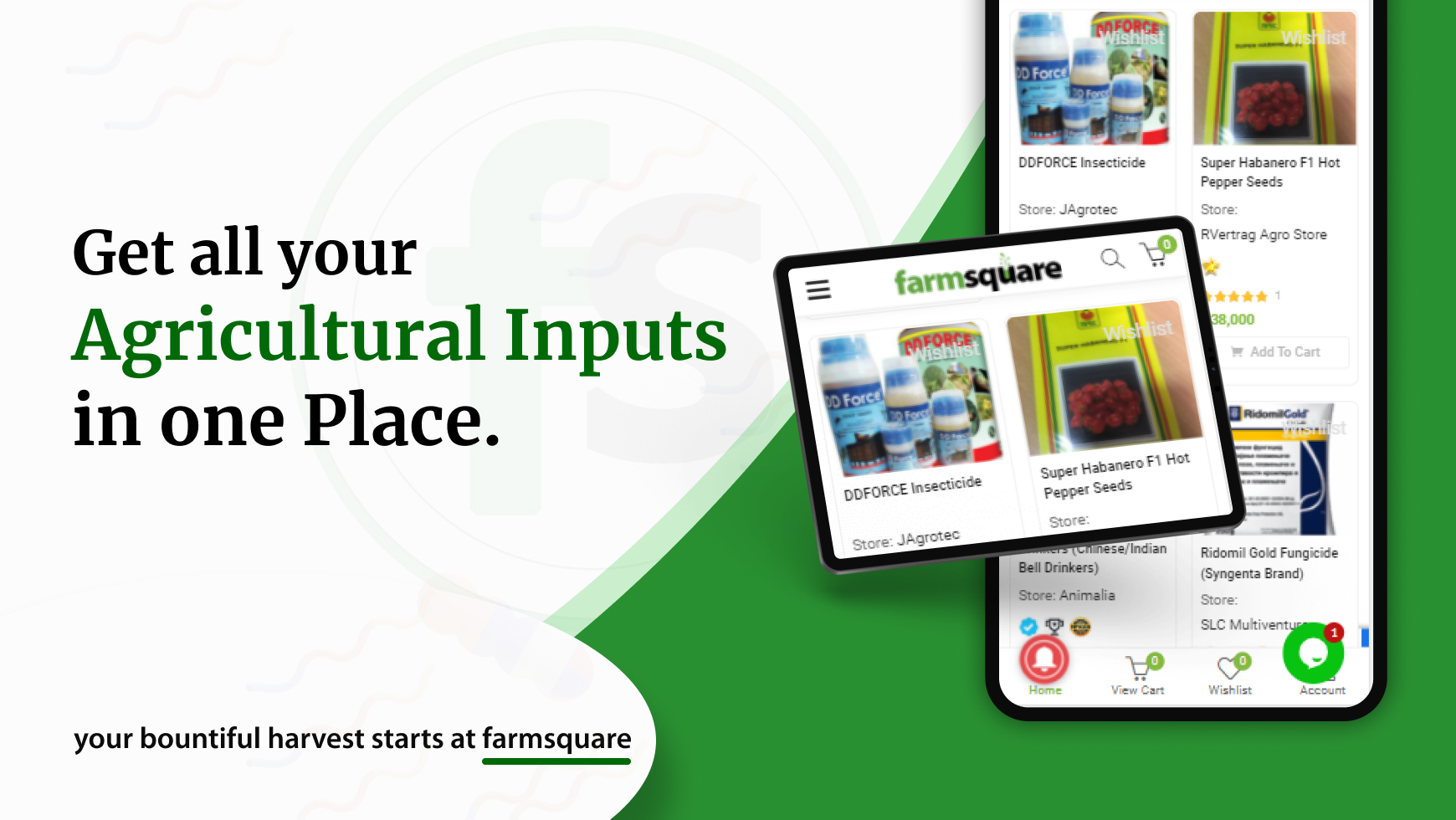- You have no items in your shopping cart
- Subtotal: ₦0
Choosing The Best Variety: Hybrid, Heirloom Or Open Pollinated Varieties?
The joy of every passionate farmer is to grow crops that are healthy and profitable. In order to have a bountiful harvest, the first factor is the choice of seed. At this critical stage, making a choice may be a herculean task, especially for less experienced farmers.
Personally, I believe two things distinguish an accomplished farmer from the rest:
-
- The type of seeds they plant, and
- Their crop management practice.
IF YOU MISS IT FROM THE ONSET
This case is a typical ‘what you sow, you’d reap‘ one. Unknowingly planting a seed that is susceptible to economic pests can mar subsequent efforts of the farmer to get a good yield.
Farmers are always skeptical before adopting new seeds. They strive to know the pedigree of such a seed because this will give a better idea of what the progeny would be like. Risks are present in all businesses, but a few ones like this are not worth taking.
MANAGING PESTS, DISEASES, AND NUTRITION
Oftentimes, the services of an expert is required for this task especially if the farmer is still relatively new to farming. There are different pests or diseases that are peculiar to different crops. However, most farmers already prepare for these occurrences by planting seeds that are resistant to these problems.
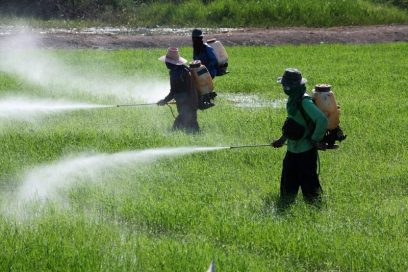
A seed cannot be immune against all the pests and diseases that can affect it. Hence, knowing what pesticides or other control measures to put in place to avoid loss requires an expert’s knowledge or knowledge from experience. This is just one of the many management practices that ought to be done by the farmer before harvest time.
Selecting the best choice is subjective and depends on what the farmer hopes to achieve. Picking a particular type of seed to plant is dependent on some factors. Some varieties are more suitable under one condition than others.
In this piece, the different varieties will be explained alongside their major benefits. In the end, you will know which one to opt for when next you are at this same crossroad.
OPEN-POLLINATED VARIETIES (OPV)
Open pollination is when pollination occurs through natural mechanisms such as insects, birds, wind, humans, etc. These varieties are considered to be the most natural type of seed in the market. There are no restrictions on the transfer of pollen grains from one plant to the other, this makes open-pollinated plants to be more genetically diverse than the rest.
Genetic diversity in OPV can be responsible for a huge amount of variation within the population of plants. These variations allow plants to slowly adapt to the climate and other local growing conditions year-to-year.
The “open” in OPV means they openly receive pollen from any compatible variety around, but, if they can self-seed (such as; wheat, barley, oats, rice, tomatoes, and potatoes), self-pollination occurs. OPV, for the most part, are purebred and have a good pedigree, which makes some of them “Heirloom varieties”.
WHY OPEN-POLLINATED VARIETIES?
-
- You can save the seeds from these varieties and replant them in the next planting season. You might be lucky to discover a new desirable variety by yourself.
- The seeds are genetically diverse.
- This method of seed breeding is natural which makes it preferable for people who, for personal reasons, don’t like interference in natural activities.
- OPV maintains heirloom varieties.
HEIRLOOM VARIETIES
Heirloom varieties are simply historic open-pollinated varieties. They are obtained from plants that have stood the test of time and consistently give better yields. All Heirloom varieties are open-pollinated varieties, but not all open-pollinated varieties are heirlooms.
Continually, the seeds are passed down from one generation to another. Usually, it has a history of being passed down within a family or community. The pedigree of these varieties is known because it has given consistent results over the years.
A less technical way to describe heirloom variety is to liken them to jewellery or artifacts, for instance, that are being passed down from one generation to another within a family or a community.
WHY HEIRLOOM VARIETIES?
Heirloom varieties combine all the benefits of OPV. In addition, because heirlooms have been tested and trusted over the years, it is more reliable than other OPV in most cases.
HYBRID SEEDS
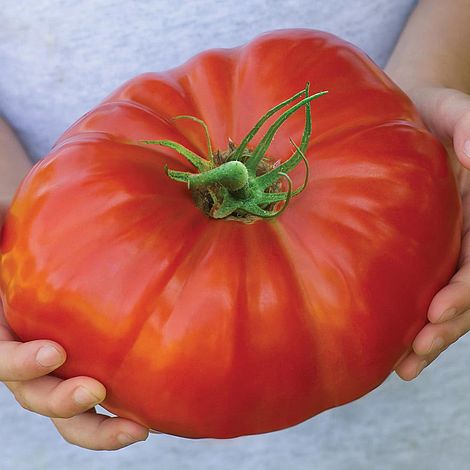
F1 hybrids are artificially bred seed strains using natural methods. When two individuals of two different plant varieties or species are crossed, the resulting first generation of offspring is denoted as “F1”. The resulting variety, after the cross, features specialized traits that are hand-picked through careful selection. They are known to grow better and produce yields that are higher than the parent varieties. This phenomenon is known as “Hybrid Vigor“.
Plants that are almost identical, with a small genetic variation and a lot of predictability are produced from hybrid seeds. The traits derived from hybrid plants are very specific and desirable, which gives it an edge over OPV.
Hybrid varieties are vastly embraced and accepted by farmers all over the world. Especially because it is not similar to varieties that have been genetically mutated. They still have this aura of “naturalness” which seems appealing to everyone. Hybrids are artificially improved OPVs that can still be classified as organics or natural products.
WHY HYBRID VARIETIES?
-
- The yield of hybrid varieties is very predictable. You will be able to accurately forecast what you should expect as yield from the cultivated crops.
- Hybrid varieties will only produce yields with the desired traits. Nothing more, nothing less.
- They are often fortified to be resistant to common pests and diseases.
- The uniformity in growth makes it an excellent choice for mechanized farms.
HOW CAN YOU MAKE THE RIGHT CHOICE?
On a general scale, some seem to perform better than others. However, the performance is dependent on what purpose you are planting for.
The top advantage of hybrid varieties is that there is no diversity. Its growth is uniform as well as the yield’s phenotypic properties like size, shape, number, etc. Also, they are often resistant to pests or disease outbreaks, which is a major concern for farmers.
Unfortunately, most times, all these qualities are added at the expense of some other qualities such as taste, texture, etc. The same goes for open-pollinated varieties and heirlooms. They are not all-encompassing in terms of essential traits you want your plant to contain.
The first question you should ask yourself is: “What are my priorities?”. Always have your purpose at the back of your mind while you are making a choice.
Briefly, try to picture the following scenarios;
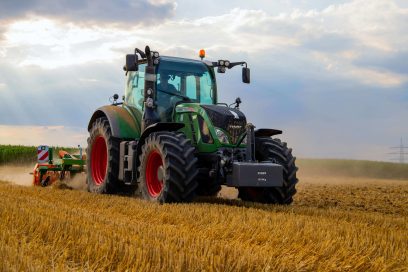
-
- A commercial farmer: The major purpose of a large-scale farmer is to make a profit, hence, every decision taken will be geared towards the actualization of that goal. In this scenario, features like yield size, plant resistance to economic pests and diseases, uniformity in growth, and maturity time would be important to the farmer. Taste and other qualities might not be a priority.
- A small-scale farmer: The intention of a farmer possessing a small plot of land and cultivating such for agricultural purposes is not to make a profit. Rather, the goal is to provide some selected crops for food for his/her family. In this case, the cost of production would be pegged at the barest minimum and taste might be a necessity. As a result, hybrid seeds may not be a viable option here.
As depicted above, you’d agree that your choice of seeds greatly depends on the purpose for which you are going into crop production.
For a commercial farmer with agricultural machinery, uniform sizes and shapes of the produce usually make harvesting with machines easier. Also, the size and health of the produce is essential to maximize profits. The uniformity in hybrid varieties makes it a better choice for large-scale farmers.
Whereas, open-pollinated varieties may or may not be suitable for large-scale farmers. Heirlooms with known pedigree may be selected instead of hybrid varieties. OPV is less uniform as a result of their genetic diversity. For instance, they may not all get ripe at once. This may be an advantage for a small-scale farmer who likes to harvest the crop produce gradually for an extended period of time.
Apart from the high cost of acquiring hybrid varieties when compared with other varieties, another major concern with hybrid varieties is that their genetic uniformity may increase their susceptibility to pest or disease attacks. However, utilizing hybrid seeds is one of the IPM (Integrated Pest Management) strategies.
In addition, the three varieties mentioned in this piece are the major groups under which all seeds fall. For example, there are so many hybrid seeds of maize. In like manner, so many open-pollinated varieties of any particular crop exist. Hence, even after you’ve decided on which group to go for, you may be burdened with selecting the best of this group.
CONCLUSION
Finally, making your decision on which variety to plant is a good thing. However, always endeavor to cross-check your seeds to ascertain their viability status. Already, we have viable seeds in our seed bank. Just decide on which variety group you want, then, we’d deliver the best of it to you.

